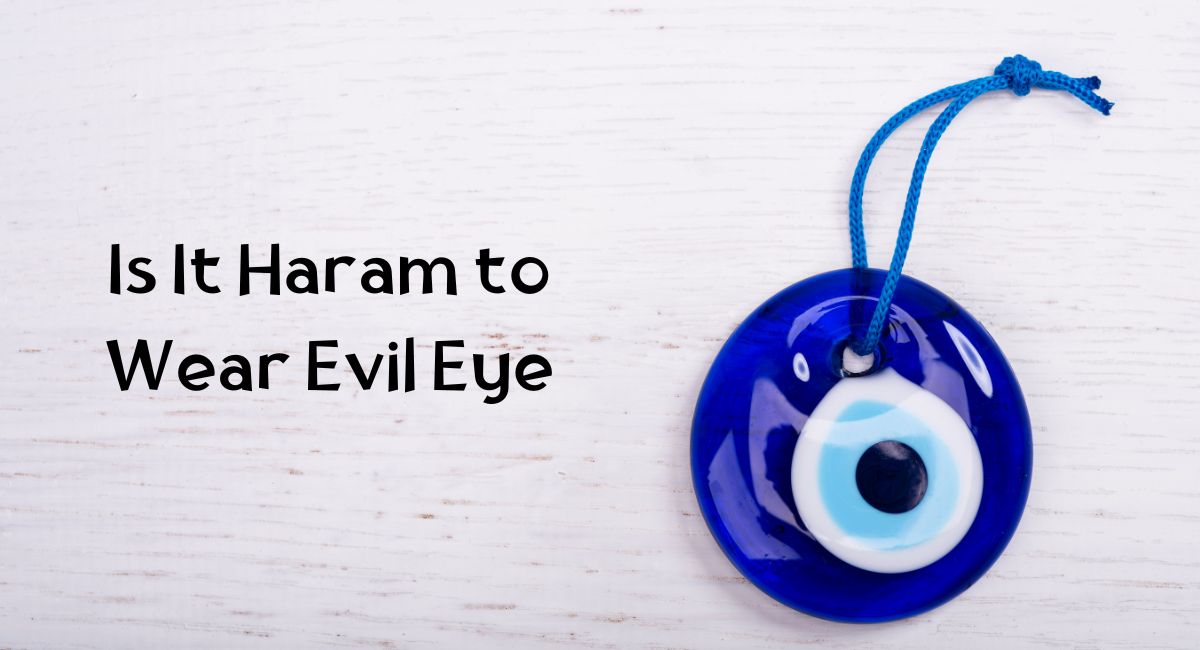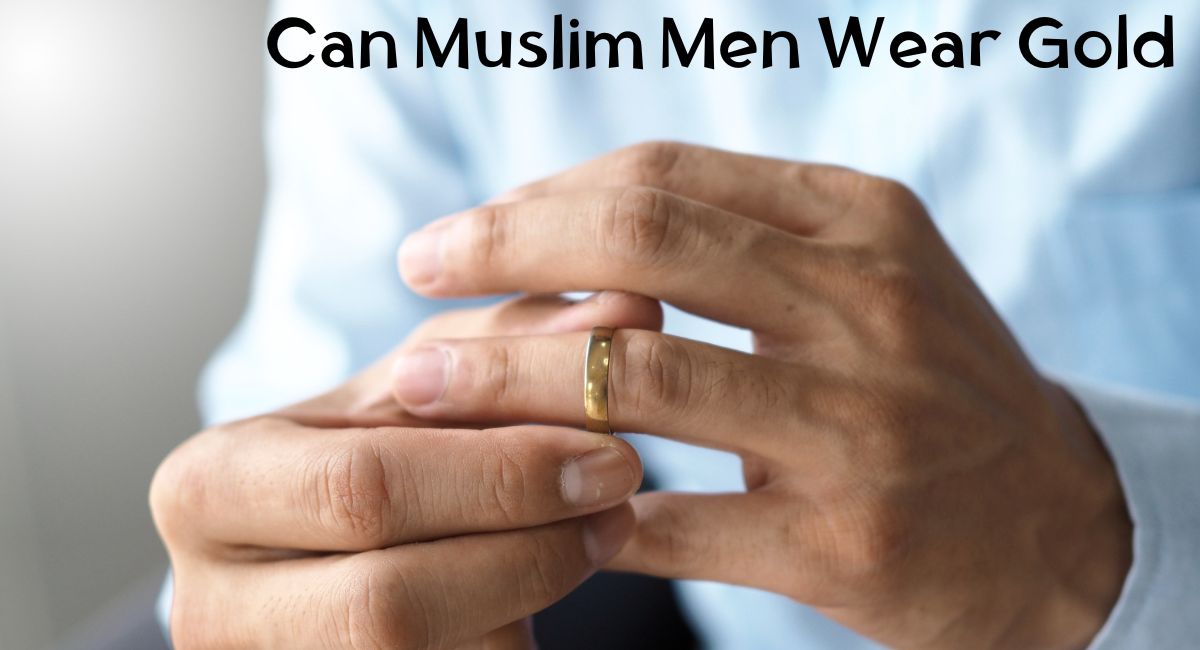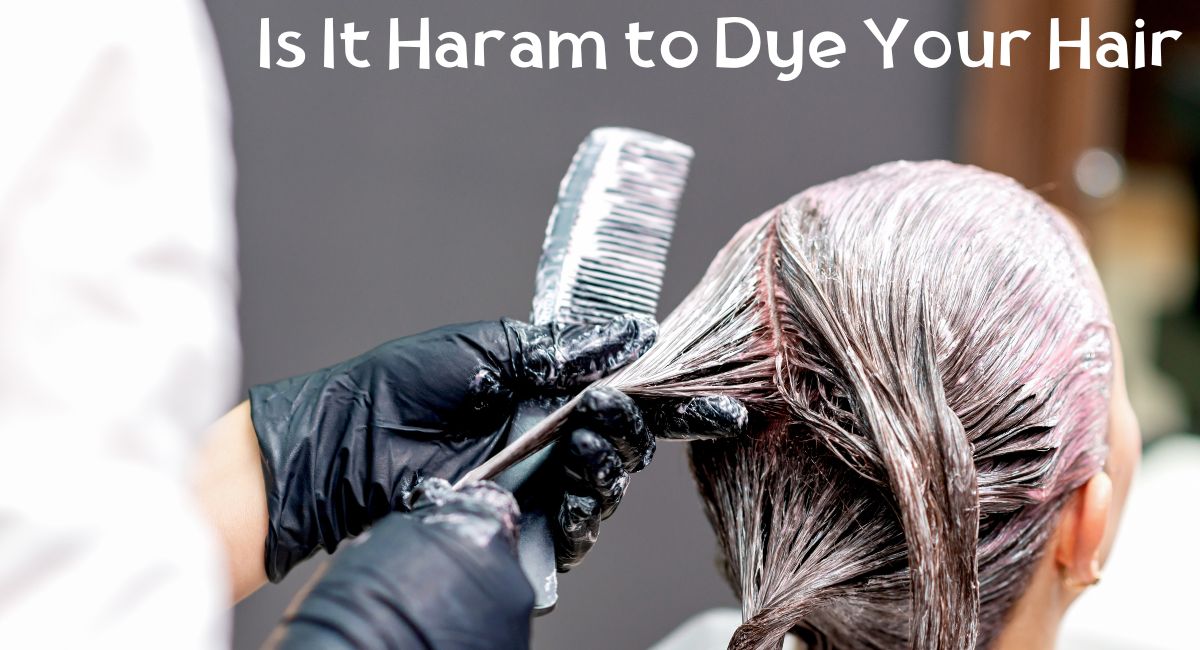CBD (Cannabidiol), a compound derived from the cannabis plant, has been making waves in the health and wellness industry for its potential therapeutic benefits. However, for many individuals around the world, including those who follow Islamic dietary guidelines, a critical question arises: Is CBD Halal?
In this article, we will delve into the world of CBD and explore its compatibility with Islamic dietary laws to shed light on this intriguing and increasingly relevant topic.
We will examine the source, extraction methods, and potential effects of CBD, seeking to provide a comprehensive understanding of whether CBD can be considered Halal, or permissible, for consumption in accordance with Islamic principles.
Key Takeaways
- CBD (Cannabidiol) is a non-psychoactive compound found in the cannabis plant, known for its potential therapeutic benefits.
- It’s used for pain relief, anxiety and stress reduction, sleep improvement, seizure control, neuroprotective properties, and anti-inflammatory effects.
- CBD is considered halal (permissible) under Islamic law as it lacks THC, the psychoactive component of cannabis.
- It’s permissible for medicinal purposes and health benefits, especially when no pure alternative is available.
- Usage should be under the guidance of a trusted Muslim doctor.
- Brands like HalalCBD, Halal Hemp, Innaree, Turkken, and Extract Labs offer Halal certified CBD products, catering to the Muslim community and ensuring compliance with religious and spiritual practices.
- CBD oil is halal if non-intoxicating and THC-free.
- CBD drinks are permissible if free from THC and alcohol.
- The halal status of CBD gummies varies; check for vegan, fat-free, and animal bone material-free ingredients.
What is CBD
CBD, short for cannabidiol, is a natural compound found in the cannabis plant. It is one of over 100 cannabinoids present in cannabis, but it’s important to note that CBD is non-psychoactive, meaning it does not produce the “high” or intoxicating effects typically associated with cannabis use.
CBD has gained significant attention for its potential therapeutic properties and is used for various purposes, including:
- Pain Relief: Many people use CBD to alleviate chronic pain, inflammation, and discomfort. It may interact with the body’s endocannabinoid system, which plays a role in regulating pain.
- Anxiety and Stress Reduction: CBD is often used to help manage anxiety and stress. Some research suggests that it may have calming effects on the nervous system.
- Sleep Improvement: CBD may assist with sleep disorders, such as insomnia, by promoting relaxation and reducing anxiety.
- Seizure Control: Epidiolex, a CBD-based medication, has been approved by the U.S. Food and Drug Administration (FDA) to treat certain forms of epilepsy in children.
- Neuroprotective Properties: Some studies suggest that CBD may have neuroprotective properties, potentially benefiting individuals with neurological conditions like multiple sclerosis (MS) or Parkinson’s disease.
- Anti-inflammatory Effects: CBD may have anti-inflammatory properties, making it potentially useful for conditions involving inflammation, such as arthritis.
- Skin Conditions: CBD-infused topical products are used for skin issues like acne, eczema, and psoriasis.
It’s important to note that while CBD has shown promise in various areas of health and wellness, more research is needed to fully understand its potential benefits, risks, and optimal dosages for specific conditions.
Additionally, the legal status of CBD varies from country to country and even within different regions of the same country, so it’s crucial to be aware of local regulations when considering its use.
Is CBD Halal
Yes, CBD is considered halal because it lacks THC, the psychoactive component that can induce a ‘high’ feeling.
Since CBD does not contain THC, it does not have psychoactive properties, making it permissible under Islamic law for medicinal purposes and health benefits.
According to a passage in Mughni Al-Muhtaj 5/518, it’s generally considered permissible to use impure substances as one of several ingredients in a product, especially if there’s no pure alternative available. This leniency applies to cases where the impure substance is not the main component.
“The disagreement among scholars is in using impure raw substances, but using them as a substance among many other pure substances used in manufacturing of a product such as cream and the like is permissible so long as no impure substitute for medication is available. i.e. using snake meat or urine for treatment in general if this was for the purpose of hastening the cure and so long as a trusted Muslim doctor was consulted and confirmed so.”
The use of such substances is permissible when it’s intended for treatment, particularly if it can expedite the healing process. However, such usage should be under the guidance of a trusted Muslim doctor, ensuring that it’s necessary for treatment and aligns with Islamic principles.
Besides this, for any CBD product to be considered halal, it should not contain any haram ingredients. It is also important to take into account the production process and risks of cross contamination.
CBD Ingredients and Production Process
The production of CBD oil involves a meticulous process, beginning from the cultivation of hemp to the final product formulation. Here’s a detailed overview of the ingredients and production process:
Ingredients in CBD Oil
- Cannabidiol (CBD): The primary ingredient in CBD oil is CBD, a compound extracted from the hemp plant. It’s one of many cannabinoids found in cannabis but does not produce the psychoactive effects associated with THC.
- Carrier Oils: CBD is often mixed with carrier oils to improve absorption and efficacy. Common carrier oils include coconut oil, hemp seed oil, and MCT oil. These oils help in achieving the correct concentration of CBD in the final product.
- Additional Extracts: Some CBD oils may contain additional hemp extracts like CBG (Cannabigerol), CBN (Cannabinol), or CBC (Cannabichromene). These compounds are also found in the hemp plant and may offer their own unique benefits.
- Terpenes and Essential Oils: To enhance the effects and flavor of CBD oil, manufacturers may add terpenes and essential oils. These natural compounds can contribute to the “entourage effect,” where the combined effect of different cannabis compounds is stronger than the sum of their individual effects.
Production Process
- Extraction: The process begins with extracting CBD from hemp. This is done using solvents like CO2 or ethanol, which remove the cannabinoids, terpenes, and other fat-soluble compounds from the hemp biomass. The result is a dense, CBD-rich extract.
- Filtration and Winterization: After extraction, the product undergoes filtration to remove unwanted substances. A common method is winterization, which freezes the extract to separate the wax content. Further purification may be done to remove THC, ensuring the product complies with legal THC limits (usually below 0.3%).
- Dilution and Formulation: The extracted CBD is then diluted with a carrier oil to achieve the desired concentration, typically between 1-3% CBD. The exact concentration depends on the initial CBD content in the extract, which requires accurate lab testing. Additionally, some products may undergo decarboxylation to convert CBDa (the raw form of CBD) into CBD. This step is crucial for ensuring the bioavailability and effectiveness of the CBD.
- Packaging and Labelling: Finally, the CBD oil is packaged and labelled, ready for sale. The packaging process involves strict quality control to ensure the product meets all regulatory requirements and standards.
This comprehensive approach ensures that CBD oil is not only effective but also safe for consumption, adhering to the highest standards of production and quality control.
List of Halal CBD Brands
HalalCBD: Founded on the belief that Cannabidiol (CBD) is nature’s secret ingredient, HalalCBD is the first superior Halal Certified CBD brand. They emphasize using all-natural ingredients, locally grown hemp, and ensuring that their products are 100% made in the USA. They have a range of products that are THC-free and Halal certified, catering specifically to the Muslim community and those who prefer topical and ingestible cannabis products that align with religious and spiritual practices.
Halal Hemp: This brand focuses on offering Halal certified CBD products derived from hemp, which are non-intoxicating. They offer a variety of products such as CBD gummies, capsules, tinctures, oils, lotions, and creams. The founder, Jamidah, established Halal Hemp with extensive experience in brand development and a mission to empower Muslim and BIPOC communities. They also provide Halal certification services for businesses looking to enter the market with hemp and CBD products.
Innaree: Innaree claims to be the only Halal CBD brand with certified 0.0% THC products, distinguishing itself from other major brands that might have trace amounts of THC. Their product line includes CBD oil drops, body butter, muscle rub, pillow spray, lip balm, and lip oil, all of which are organic, vegan, and Halal certified. They are designed for everyday users, with various strengths available to suit individual needs.
Turkken: Turkken is an Australian-based brand focusing on providing high-quality, Halal certified CBD products. They use all-natural ingredients and locally grown cannabis. The brand was founded with a commitment to making CBD accessible to individuals adhering to different dietary lifestyles, with a special focus on the Muslim community. The brand’s products are especially suitable for chronic pain patients.
Extract Labs: Extract Labs is a veteran-owned, Colorado-based CBD company known for its commitment to high-quality hemp products. Founded in 2016 by combat veteran Craig Henderson, the company offers a broad selection of cannabinoid compound products, including topicals, tinctures, soft gel capsules, isolates, gummies, and drinks. They are unique in their product offerings and have a good reputation in the industry.






